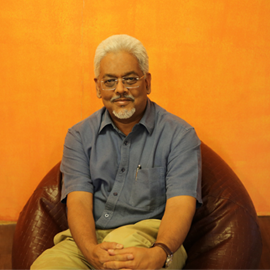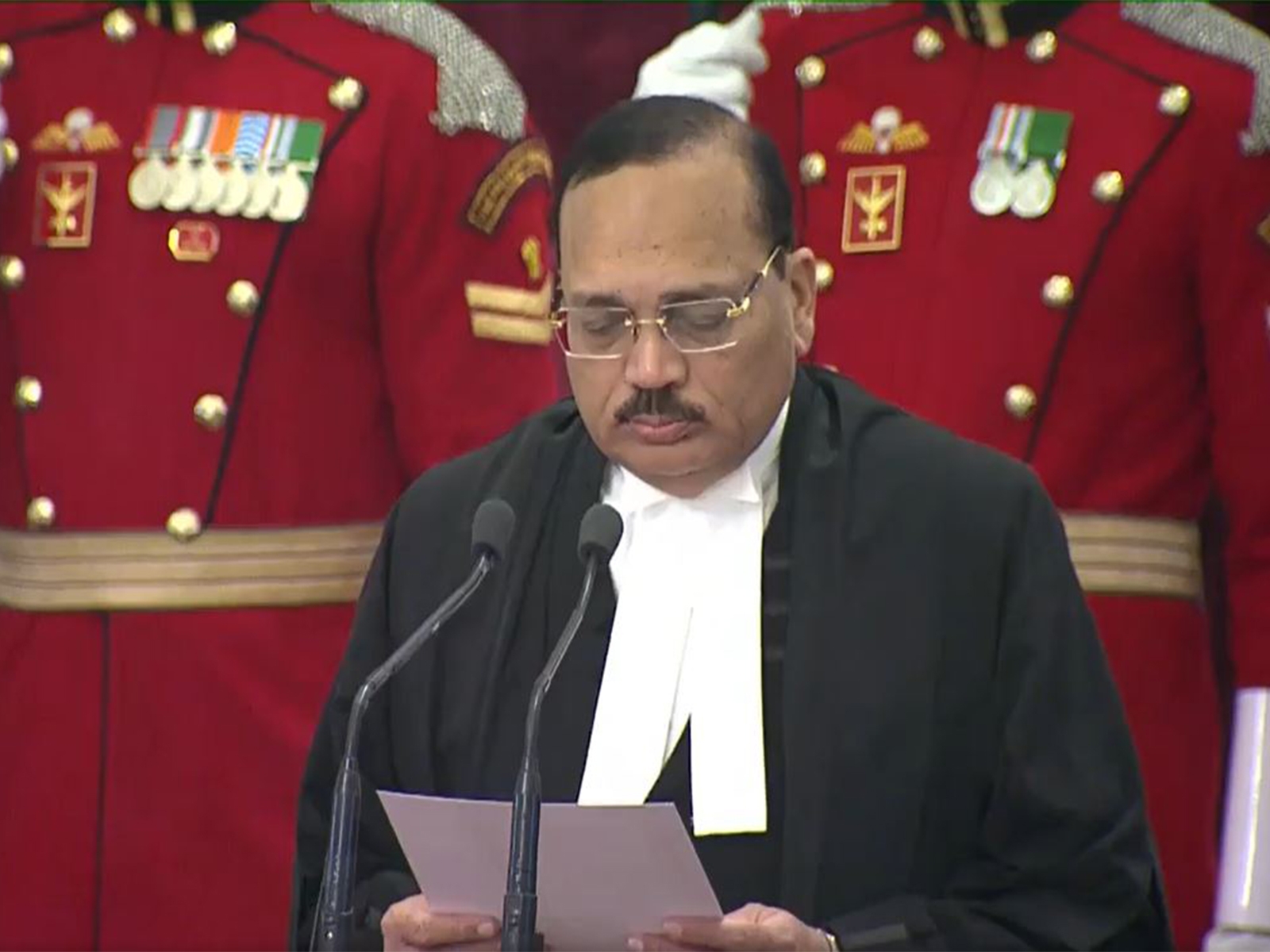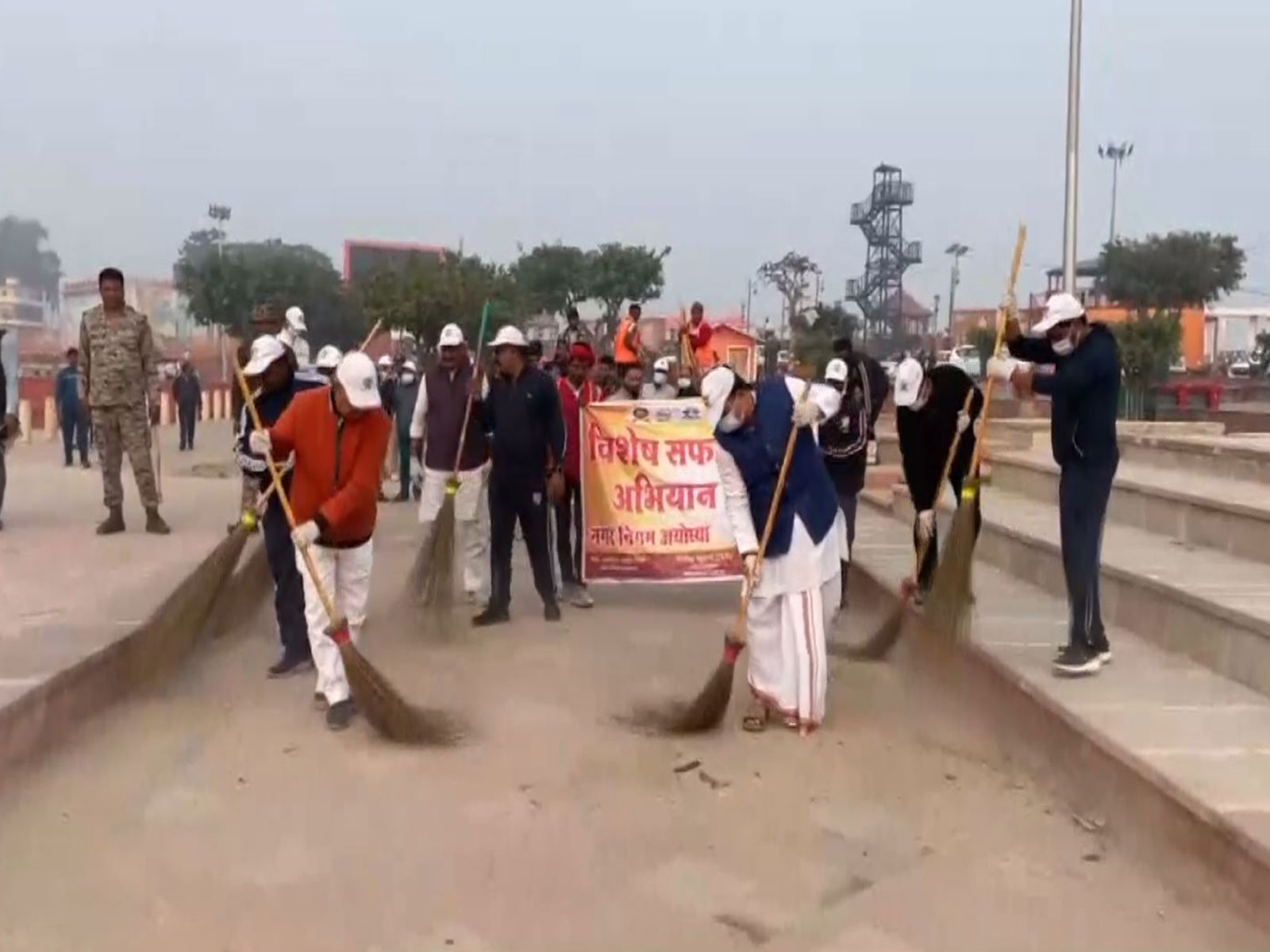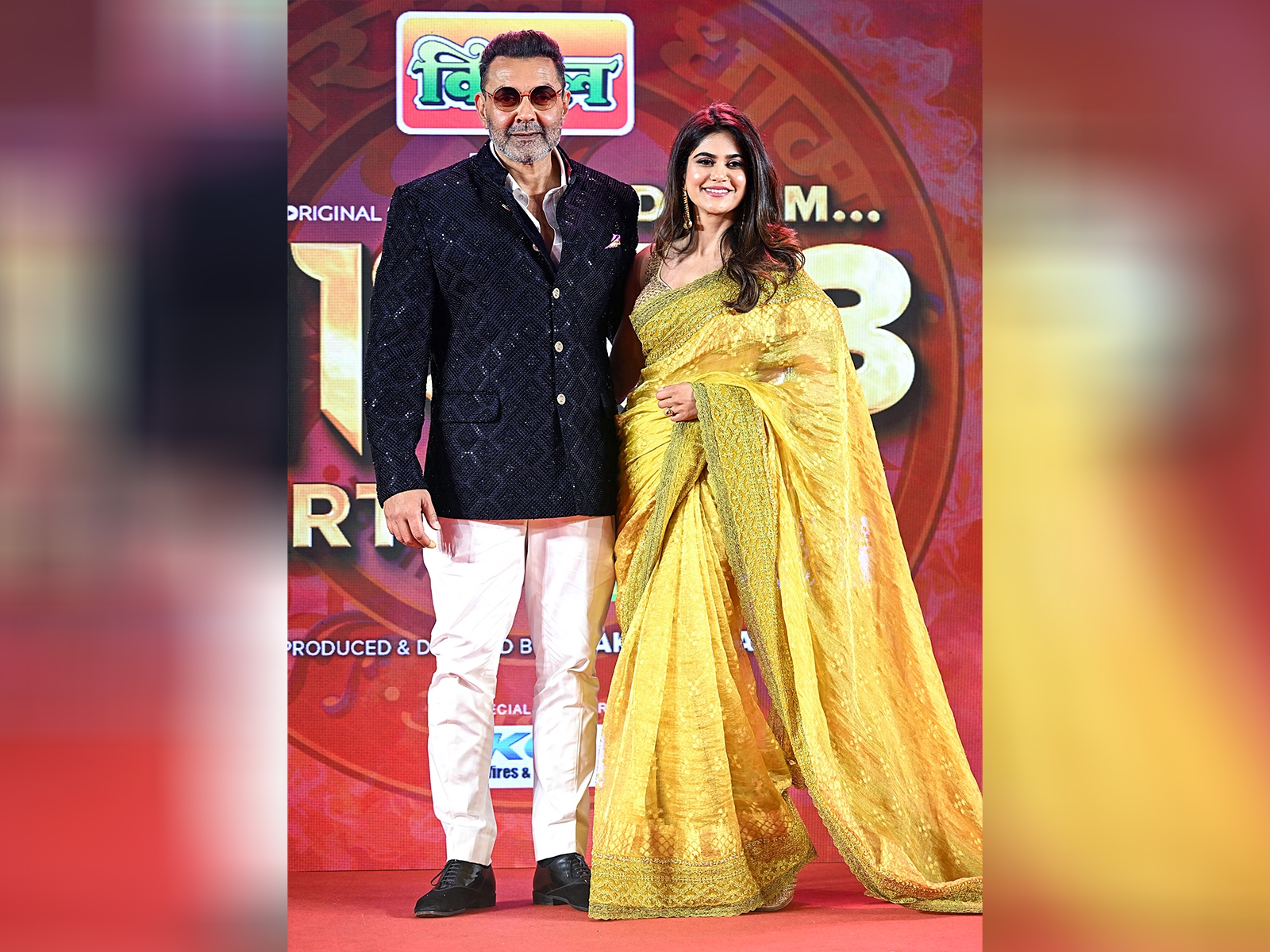Measure of the Man: why Modi loves hoopla

Grand image
- Modi seems addicted to his foreign trips
- He has a sense of grandiose about himself
Slipping mask
- His statesman image is intact only outside the country now
- In India the Modi magic has considerably diminished
More in the story
- The list of the PM\'s non-achievements in 18 months
- The challenges that are coming up for Modi
Prime Minister Narendra Modi has come back to India somewhat rejuvenated, his love for the grandiose nurtured by the attention, admiration and adulation bestowed on him by British Indians and the British Prime Minister himself, at London's Wembley Stadium.
After the bruising by the Bihar voters it is not difficult to fathom why the Indian PM needed his UK counterpart to claim "achhe din ayenge, zaroor ayenge (good days will come for sure)" and the cheering of the 60,000 crowd to whom he beamed back "Thank you Wembley".
After eighteen months of holding office, Modi's image has begun to show signs of wear. There is no point denying that the Bihar vote, and the Delhi vote earlier, was against Modi's leadership.
He has been unable to sustain his universal appeal across class, caste and community divides, which he enjoyed in the May 2014 Lok Sabha election.
De-Modi-fy
It may be too early to write off Modi, but it could be the right time to deconstruct his political persona.
Modi did not come into politics for money, but he seems to have an exceptional penchant for power, prestige, status and authority.
The more closely one examines him, the more one is surprised by the grandiose sense he has of himself as a man of destiny - a hero and a saviour of the Indian people. His public speeches are replete with promises of how he alone can deliver where others have failed - whether in Gujarat or on the national stage.
His carefully organised rock star-like shows in New York's Madison Square Garden, Sydney's Allphones Arena or London's Wembley Stadium show an incessant hunger for the spotlight.
These shows are neither funded nor organized by the Indian Ministry of External Affairs or host governments, but by his personal sycophantic machinery.
Does Modi feel that he has not been given his "due" by Western leaders in the past, and is this why perhaps he is persuaded to invite them to witness these privately paid-for spectacles in their own country?
Play it safe
Repeatedly the inverted snobbery of having been a chaiwalla is used to bring his status as the prime minister of India into greater relief. Harping on his humble beginnings, he has sought to project himself as more deserving of admiration than other politicians who may be better educated and come from privileged backgrounds.
His dispensation of homespun wisdom on the 'Mann ki Baat" radio addresses to the nation project him as a role model for India's future generations, never mind that they are incredibly mundane and uninspiring. He loves doing this in settings where he is only admired by awestruck audiences - such as school children on Children's Day or passive radio listeners - who have no way of asking counter-questions.
His immense appetite for the grandiose - dressing up, showy hand gestures; visibly choking at the memory of his mother - is now legendary. As a Gujarati friend points out, "He likes to show off, wear a red scarf and a Dev Anand hat, pirouette like Rajesh Khanna and act on the stage like Raj Kapoor".
The desire of this 65-year-old aging bird for new plumage boggles the mind. The monogrammed suit, brightly-coloured jackets and change of clothes several times a day affirm the preoccupation with his looks.
Above all Modi knows how to exploit camera angles, the colours and the emotions that the television loves best. When he was chief minister of Gujarat, he had a special home studio built with light fixtures and a strategically placed chair for him to give TV interviews - news cameramen were told where to place their cameras by his helpful staff.
In his highly televised meetings with the high and mighty, everything is executed with the expectation of a brand rub-off: Sitting on a swing with Chinese President Xi Jin Ping, drinking tea ceremoniously in a fully televised one-to-one setting with Barak Obama or going on a boat ride with French President Francois Hollande.
In none of these events was the viewer expected to hear anything of his conversations - they were expected to merely admire him and marvel at his closeness to world leaders. This is also the effect of the innumerable selfies he takes of himself with world leaders.
Shortcomings' longlist
He got to the top ruthlessly and keeps himself there with same ruthlessness. His tenure as the Gujarat CM shows that he has no compunctions in taking advantage of others to achieve his goals. He divided his own party and got rid of ministers who helped him consolidate his position as chief minister.
When he became the PM, the first thing he did was to marginalise all those who could question him or had greater political experience than him.
That he is notoriously empathy-challenged was evident in his handling of the 2002 communal riots in Gujarat and the spate of fake encounters of alleged 'terrorists' during his tenure. He also ran an exceptionally morally challenged state administration.
Even after becoming Prime Minister, he has shown remarkable moral myopia - an inability to recognize or identify with the pain, sorrow and grief of others. His slowness in responding to incidents of intolerance verges on reluctance to do anything whether it is the killing of writers and rationalists or the lynching of innocents accused of eating beef or transporting cattle for slaughter.
Yet on the world stage he praises the Indian Constitution, talks of preserving the diversity of the nation and the need to protect the freedoms of citizens. The mask of a statesman still holds before the world, but it slips back at home. Here he is perceived as omnipotent, cold-hearted, calculating and is feared.
Shine comes off
Modi wants people to believe the lie he has invented about himself. However, he has become vulnerable in the last 18 months.
He has been unable to make Parliament function and to steer his economic reforms agenda. His behaviour towards the Opposition and even his own MPs is arrogant and haughty. The school-master's attitude to his party MPs is not appreciated by them. And his ability to listen to criticism seems limited.
Those who expected quick miracles from him on the economic front are disappointed - including his corporate backers. Those who expected job creation or were simply waiting for receiving Rs 15 lakhs in their bank accounts from the black money he promised to bring back (later described only a "jumla" or idiomatic statement, not to be taken seriously) have lost their enthusiasm for him.
The only people who shout "Modi! Modi!" now are people of Indian-origin abroad who gave up on India a long time ago to become citizens elsewhere.
Modi's troubles are only going to increase. The Bihar election result has already weakened him.
There are major state elections in the offing - West Bengal, Assam, Kerala, Tamil Nadu and Puducherry in May-June 2016; Punjab, Manipur and Goa in March 2017 and Uttar Pradesh and Uttarakhand a couple of months later.
As the Opposition learns the benefits of alliance politics, it may become relatively difficult for the BJP to presume it will win any of the big state elections because of Modi.
Should the BJP lose West Bengal, Assam, Punjab and Uttar Pradesh, Modi's aura will dim further.
With the image he has of himself, he may find failure more difficult to deal with than the way he has dealt with success. Perhaps too soon Indians might realise that the man who ascended to power as their saviour was no more than a pretender - an insecure Narcissus, not a statesman.
First published: 20 November 2015, 8:28 IST






![BJP's Kapil Mishra recreates Shankar Mahadevan’s ‘Breathless’ song to highlight Delhi pollution [WATCH] BJP's Kapil Mishra recreates Shankar Mahadevan’s ‘Breathless’ song to highlight Delhi pollution [WATCH]](https://images.catchnews.com/upload/2022/11/03/kapil-mishra_240884_300x172.png)

![Anupam Kher shares pictures of his toned body on 67th birthday [MUST SEE] Anupam Kher shares pictures of his toned body on 67th birthday [MUST SEE]](https://images.catchnews.com/upload/2022/03/07/Anupam_kher_231145_300x172.jpg)






